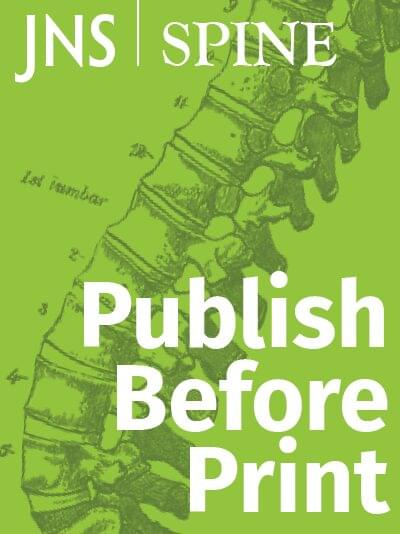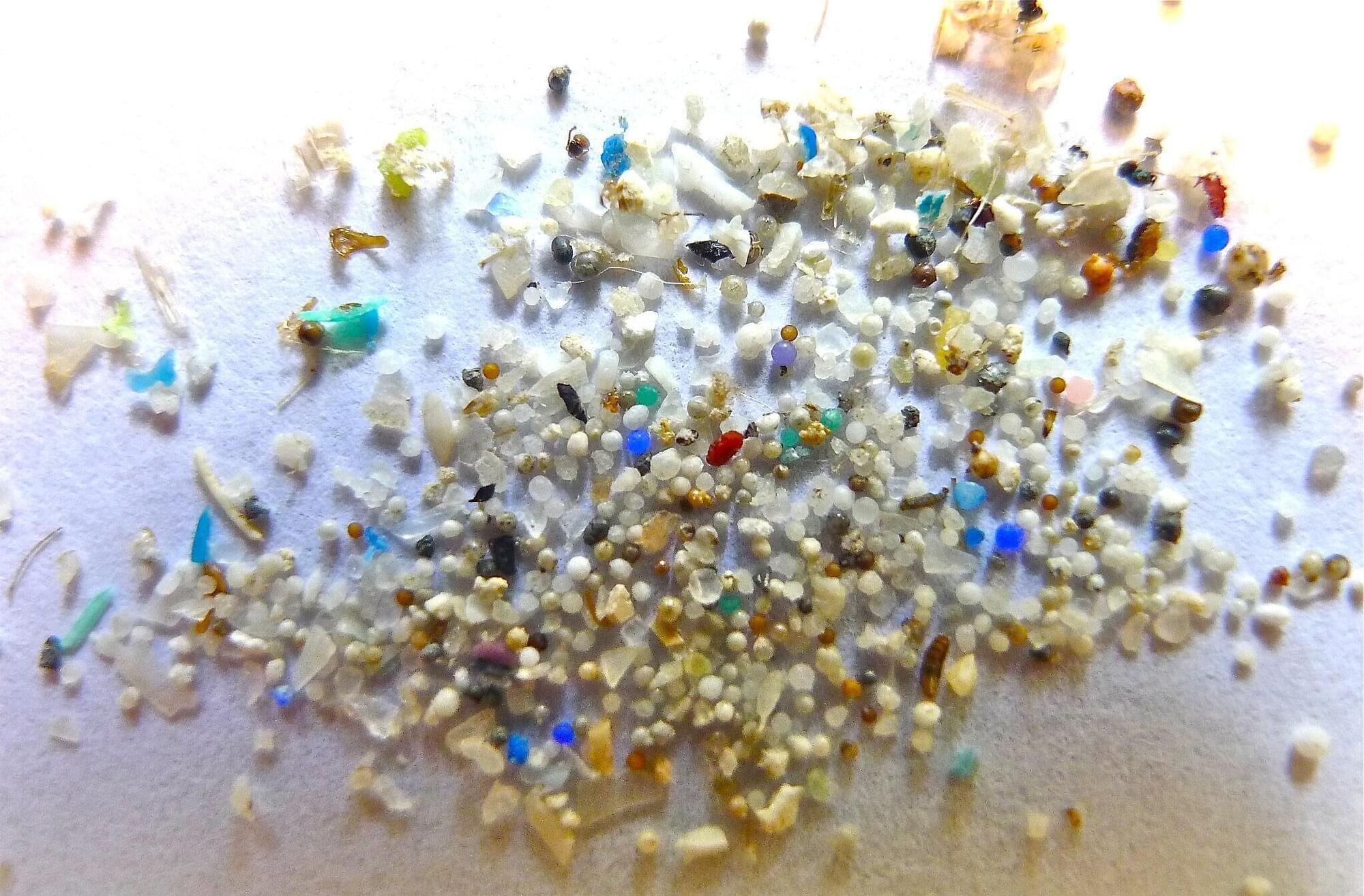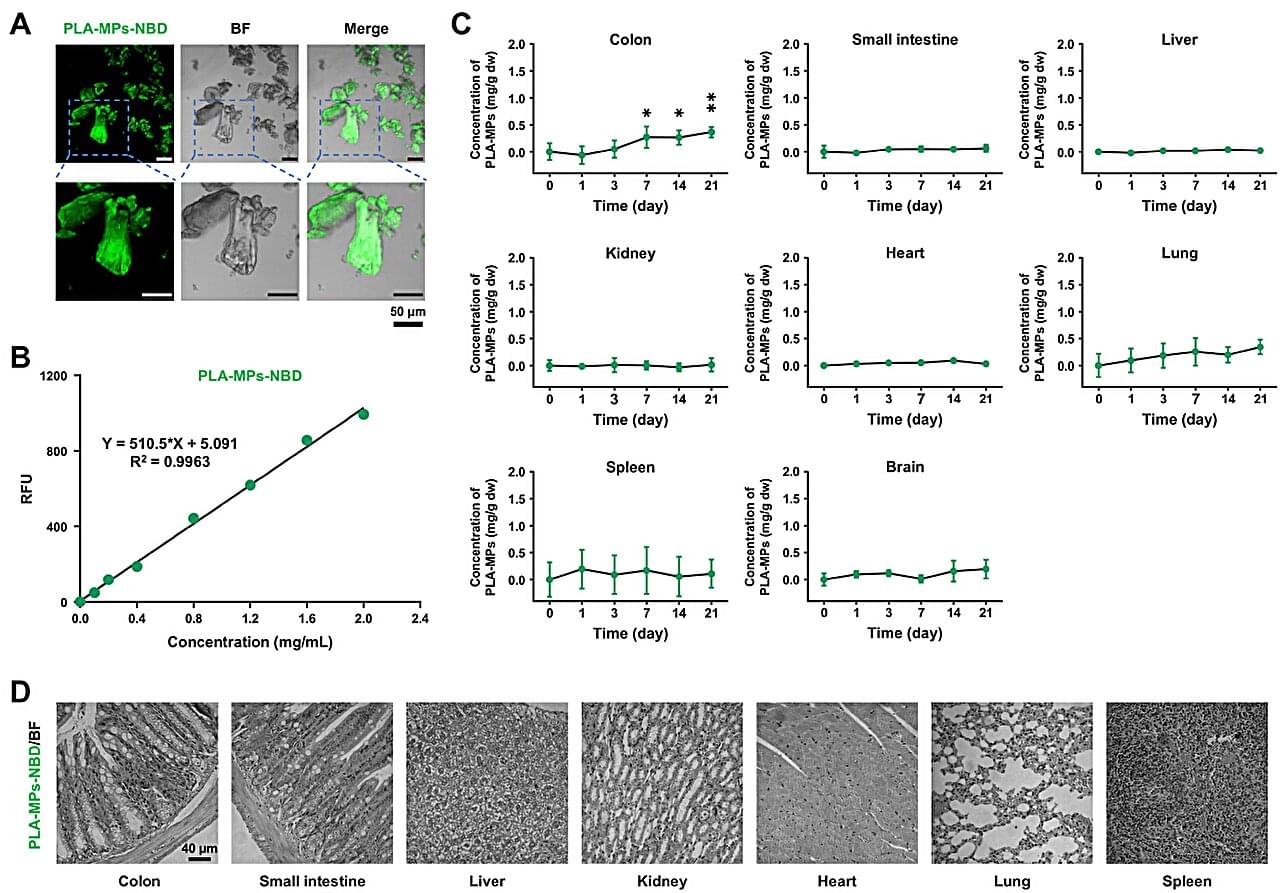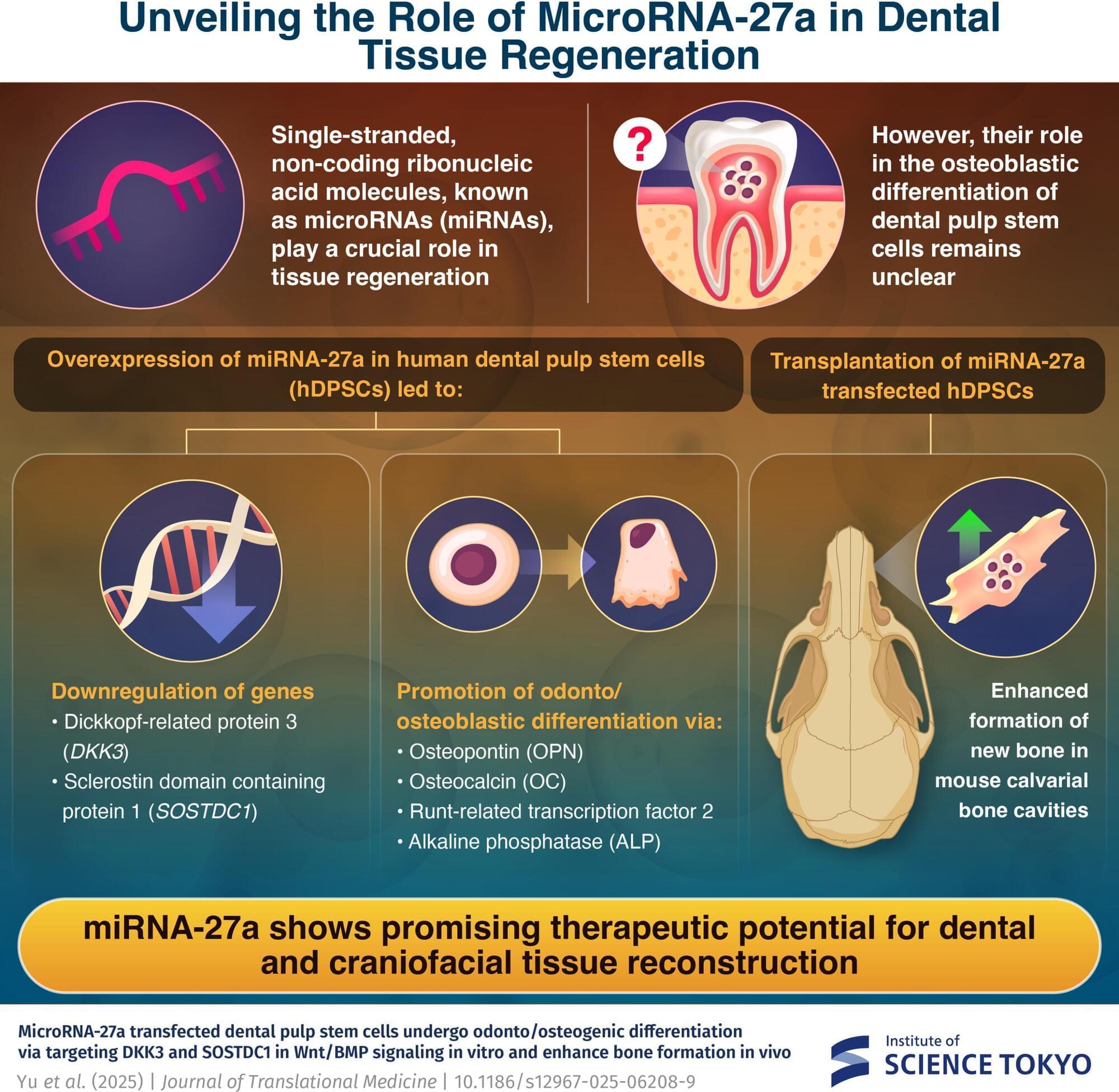Cinnamon consumption in large amounts could interfere with medication effectiveness, according to recent research. A study examines health implications and differences between cinnamon types.



Artificial intelligence could be affecting the scientific rigor of new research, according to a study from the University of Surrey.
The research team has called for a range of measures to reduce the flood of “low-quality” and “science fiction” papers, including stronger peer review processes and the use of statistical reviewers for complex datasets.
In a study published in PLOS Biology, researchers reviewed papers proposing an association between a predictor and a health condition using an American government dataset called the National Health and Nutrition Examination Survey (NHANES), published between 2014 and 2024.

Proximal junctional kyphosis (PJK) and proximal junctional failure (PJF) remain difficult problems following correction of adult spinal deformity (ASD). The goal of this study was to perform a comprehensive evaluation of risk factors associated with PJK and PJF using advanced statistical methods through inverse probability weighting (IPW).
Patients who presented to the authors’ institution with symptomatic ASD from 2013 to 2021 and who underwent thoracolumbar fusion ending in the pelvis were included in the study. The primary outcomes were development of PJK and PJF following ASD correction. PJK was classified using Glattes’ criteria. PJF was defined as a proximal junctional angle 20° from preoperative measures or complications at the upper instrumented vertebra (UIV) including vertebral body fracture, instability, and/or hardware failure. Patient charts and images (radiography, CT, and MRI) were used to extract demographics, measures of sagittal and coronal balance on pre-and postoperative radiography, operative techniques, and bone health metrics. Propensity score generation with IPW was used to control for confounding variables.
In total, 187 patients were included in the study with a median follow-up of 24.6 months. Sixty-nine patients (36.9%) developed PJK, while 26 (13.9%) developed PJF. Kaplan-Meier analysis showed that both PJK and PJF largely occurred within the 1st year of index ASD correction. IPW showed that patients who developed PJK had a larger correction in the sagittal plane including global lumbar lordosis (p < 0.001) and sagittal vertical axis (p = 0.020). PJF development was associated with factors at the UIV including low Hounsfield units (p = 0.026) and cranially directed screws at the UIV (p = 0.040).

Hundreds of thousands of Americans are now at risk of identity theft and fraud after a major data breach at a human resources firm.
In a new filing with the Office of the Maine Attorney General, Maryland-based Kelly Benefits says it has discovered a significant cybersecurity incident impacting 413,032 people.
The company says an internal investigation revealed that an unknown entity gained unauthorized access to its database and stole sensitive customer information, including names, dates of birth, Social Security numbers, tax ID numbers, medical and health insurance records and financial account datasets.

Some 460 million metric tons of plastic are produced globally each year, out of which a staggering 91% of plastic waste is never recycled—with 12% incinerated and 79% left to end up in landfills and oceans and linger in our environment.
Exposure to various elements causes the plastics to break down into microplastics (5 mm) and nanoplastics (1,000 nm). There is a growing public health concern as these nanoplastics (NPs) make their way into the human body through air, water, food and contact with skin.
A recent study published in ACS ES&T Water has revealed that the already detrimental effects of NPs are further amplified by their ability to interact with various toxic environmental contaminants, such as heavy metal ions.
A Scientific dive into Depression and Anxiety.
In this video, we explore how depression affects the brain and uncover the science behind brain depression and anxiety. Backed by neuroscience and psychology, this deep dive reveals how depression rewires three major areas of your brain: the prefrontal cortex, hippocampus, and amygdala—and how these changes impact memory, mood, and decision-making.
If you’ve ever wondered what part of the brain is affected by depression, or how anxiety and depression are connected, this video explains it all—clearly and scientifically.
🌿 Why Watch This Video?
✔️ Understand the brain science behind depression.
✔️ Learn how depression and anxiety alter brain structure and function.
✔️ Discover healing methods like neuroplasticity, exercise, and therapy.
✔️ Boost your awareness of mental health and self-healing strategies.
📌 What You’ll Learn:
🔹 How the amygdala becomes overactive during depression.
🔹 Why the hippocampus shrinks, leading to memory loss.
🔹 How the prefrontal cortex struggles with focus and planning.
🔹 Ways to rewire your brain for emotional resilience.
📌 Timestamps:
00:00 – The Science of Depression 🧠
00:45 – How Depression Affects Decision-Making.
02:17 – Memory Loss & Brain Fog Explained.
04:03 – Anxiety & The Overactive Amygdala.
05:49 – How to Heal Your Brain Naturally.
💡 If this video helped you, drop a “🧠” in the comments & share with someone who needs it!

Microplastic pollution is a severe ecological and environmental issue and is also one of the important risk factors affecting human health. Polylactic acid (PLA), a medical biodegradable material approved by the FDA, is an important material to replace petroleum-based plastics.
Although PLA has achieved large-scale application in food packaging, its brittle characteristics make it more likely to generate microplastic particles. These particles can efficiently invade the gut through the food chain and trigger unknown biotransformation processes at the microbiota–host interface. Therefore, elucidating precisely the transformation map of PLA microplastics within the living body is crucial for assessing their safety.
In a study published in the Proceedings of the National Academy of Sciences, a research team led by Prof. Chen Chunying from the National Center for Nanoscience and Technology (NCNST) of the Chinese Academy of Sciences has revealed the complete biological fate of PLA microplastics (PLA-MPs) in the gut of mice, particularly focusing on their microbial fermentation into endogenous metabolites and their involvement in the carbon cycle.

Dental caries (tooth decay) is a common oral health condition that often causes significant pain and discomfort and may even lead to tooth loss. In severe and untreated cases, bacterial infection combined with the host’s immune response can cause bone resorption, or the breakdown of bone tissue in the tooth root. Moreover, traditional treatments for advanced dental caries, such as surgery, can result in bone defects that require complex bone grafting procedures.
Building on this knowledge, bone tissue engineering and dental tissue regeneration have gained the attention of researchers worldwide. Recent reports suggest that microRNAs (miRNAs)—small, non-coding ribonucleic acid sequences—play a key role in bone tissue regeneration. However, the underlying mechanisms and pathways regulated by miRNAs remain unclear.
To investigate the intrinsic processes involved in dental bone repair, a team of researchers led by Associate Professor Nobuyuki Kawashima, graduate student Ziniu Yu, and Professor Takashi Okiji from the Graduate School of Medical and Dental Sciences, Institute of Science Tokyo (Science Tokyo), Japan, has conducted a series of innovative experiments using human dental pulp stem cells (hDPSCs) and mice.
The Microsoft founder will double the amount of money he gives away and close the Gates Foundation earlier than planned.

It’s spring, the birds are migrating and bird flu (H5N1) is rapidly evolving into the possibility of a human pandemic. Researchers from the University of Maryland School of Public Health have published a comprehensive review documenting research on bird flu in cats and calling for urgent surveillance of cats to help avoid human-to-human transmission.
The work is published in the journal Open Forum Infectious Diseases.
“The virus has evolved, and the way that it jumps between species—from birds to cats, and now between cows and cats, cats and humans—is very concerning. As summer approaches, we are anticipating cases on farms and in the wild to rise again,” says lead and senior author Dr. Kristen Coleman, assistant professor in UMD School of Public Health’s Department of Global, Environmental and Occupational Health and affiliate professor in UMD’s Department of Veterinary Medicine.